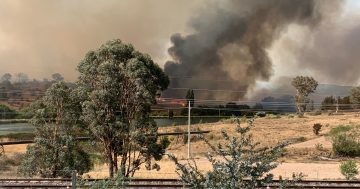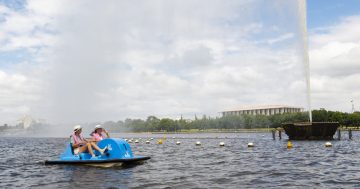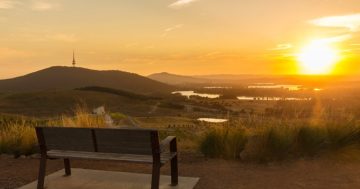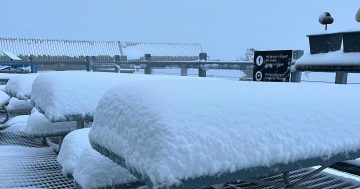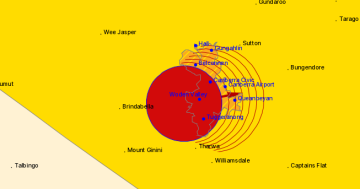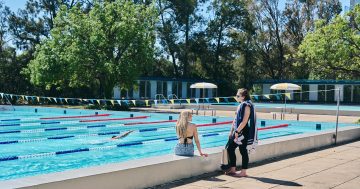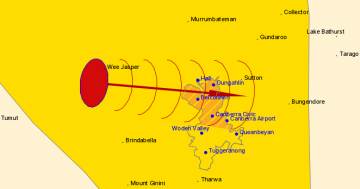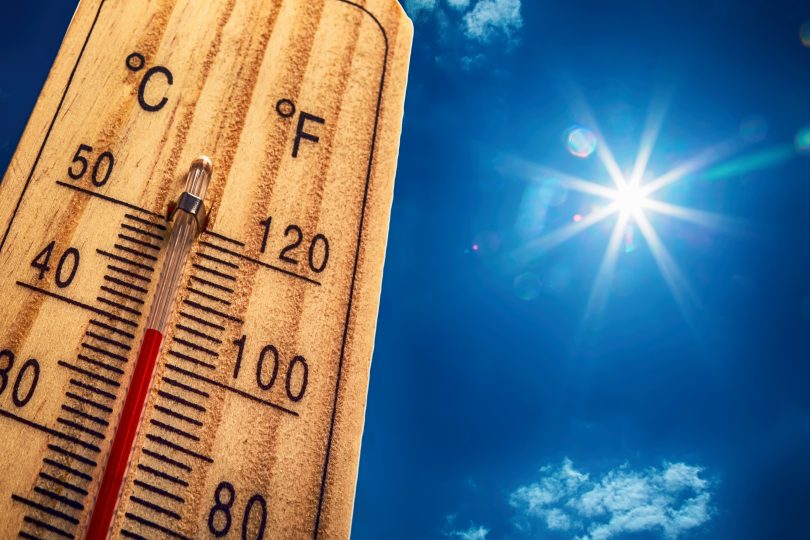
Keep an eye on loved ones and children for signs of heat-related illness this weekend. Photo: File.
People across southern NSW have been urged to take the risk of heat-related illness seriously, with the mercury set to reach the high 30s and early 40s across the weekend.
The Southern NSW Local Health District has issued the warning, with Public Health Acting Director Alison Nikitas warning older people, those with chronic medical conditions, infants and children and those who live alone were most vulnerable to excessive heat.
“Dehydration, heat exhaustion, and heat stroke can be stressful on your body. It can be even worse if you have an underlying condition. It’s important to be prepared and take precautions to reduce your time in the heat,” she said.
“My advice is to take steps to keep yourself safe and to check on those around you. Stay in touch with your elderly friends, neighbours, and relatives, and be mindful that babies and infants are at risk too as they can overheat and dehydrate quickly.”
If you’re heading inland, a similar warning has been issued by the Murrumbidgee Local Health District.
SNSWLHD Executive Director of Medical Services Dr Elizabeth Mullins encouraged people to seek medical care early if they showed signs of heat-related illness.
“Look out for things like headaches, vomiting, confusion, or an altered mental state,” she advised.
“These are a cause for concern and a sign that you should go to your nearest Emergency Department.”
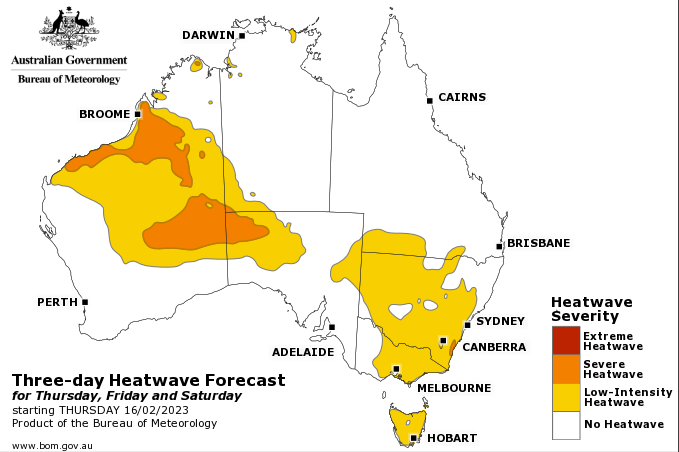
Parts of the South Coast could experience a severe heatwave over the weekend. Photo: BoM.
It comes as the Bureau of Meteorology (BoM) has warned a low-intensity heatwave will develop across most of NSW and the ACT over the weekend, with a severe heatwave possible for parts of the South Coast.
No such warning for a severe heatwave has officially been issued yet.
BoM senior meteorologist Miriam Bradbury said it was these pockets of severe heatwave conditions which were triggering the heatwave warnings across the state.
“We often see our hottest weather during February – it’s heading towards the end of summer, so the heat has really had the chance to build up over inland parts of the country,” she said.
“That’s what we’re seeing this time, it’s something we do see happen most summers, where the heat hangs around during the day and doesn’t really ease up overnight.
“What’s different this summer is that we do have the heatwave warning service now … this is new since last summer.”
A heatwave occurs when the maximum and the minimum temperatures are unusually hot over a three-day period at a certain location.
Simple steps to minimise the risk of heat-related illness include:
- Drinking plenty of water, and carry some with you when you’re out
- Eating smaller, cold meals such as salad and fruit
- If you are travelling, take water to drink in case you break down or are delayed
- Avoiding alcoholic, hot or sugary drinks
- Planning your day around the heat, staying indoors between 11 am and 5 pm and minimising physical activity
- Keeping the sun out of your house by shading windows with an awning, shade cloth, or plants. Shutting curtains and blinds, and using fans and air conditioning where available
- Taking cool showers or baths or putting your feet in cool water
- Seeking out air-conditioned public buildings such as libraries and shopping centres.
Total fire bans have been issued for Saturday (18 February) for:
- Eastern Riverina: Albury, Coolamon, Greater Hume, Junee, Lockhart and Wagga Wagga areas
- Southern Slopes: Cootamundra-Gundagai, Hilltops and Snowy Valleys areas
- Southern Ranges: Goulburn-Mulwaree, Upper Lachlan, Yass Valley and Queanbeyan-Palerang areas
Original Article published by Claire Fenwicke on About Regional.












